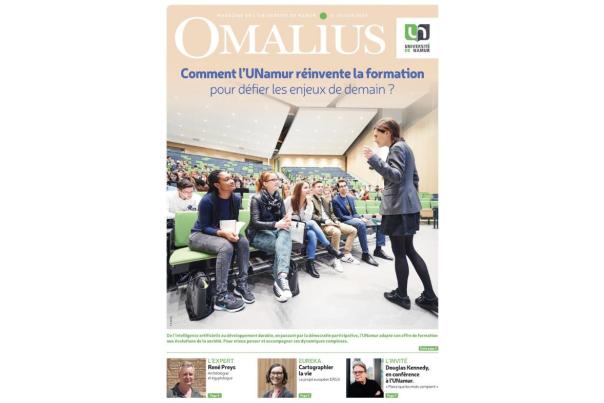For several years, Laurence Mettewie, a professor in the Faculty of Philosophy and Letters, has been interested in languages, multilingualism and language policies. Her research, although mainly conducted in Belgium, also extends to Quebec, with a view to comparing the two countries. Belgium, with its French- and Dutch-speaking regions, and Canada, with its English- and French-speaking provinces, offer rich and varied contexts for the study of multilingualism.
In Montreal, a multilingual city, the linguistic landscape is highly regulated, notably under Bill 101. This implies that signage must be predominantly in French. With her colleague Patricia Lamarre, she pointed out several bilingual winks, such as store names that play with the legislation. These include the "Chouchou" boutique, which sells shoes ("Shoe" in English means "shoe"), and the "T&biscuit" store, which can be read in both French (thé et cookie) and English (tea and cookie). "In Brussels, in the early 2000s, the same kind of creative and disruptive phenomenon appeared, even though the legislation only applied to official bodies," points out Laurence Mettewie. "The names Bozar (for Palais des Beaux Arts-Paleis voor Schone Kunsten), Bootik or Cinematek, for example, arrived on the Brussels linguistic scene, not without a stir. In our research, we compared these mechanisms and, above all, their perception by the citizens of Brussels and Quebec: do they perceive these multilingual winks? How are they decoded? Do they find them scandalous, or delightful and ingenious? It's through the linguistic landscape that relations between communities are revealed," concludes Laurence Mettewie.

